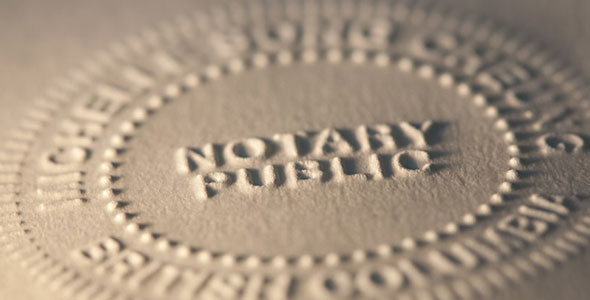Deceased Estate Management: Managing Assets and Affairs After Passing
Deceased Estate Management: Managing Assets and Affairs After Passing
Blog Article
Demystifying Notarial Job: Streamlining the Function and Value of Notaries
In the intricate web of lawful documents and verification, notaries stand as pillars of guarantee and credibility. Their duty, frequently shrouded in secret for several, carries significant weight in guaranteeing the validity and stability of essential records. As guardians of legitimacy and truth, notaries play a critical part in our society, yet their work is not constantly totally recognized. By unraveling the complexities dropping and surrounding notarial methods light on the relevance of their acts, a more clear understanding arises of the vital role notaries play in maintaining the material of legal and legal contracts.
The History of Notarial Work
The history of notarial job days back to old worlds, where scribes played an essential role in recording crucial details and verifying files. This led to the growth of notaries, people designated by the state to act as unbiased witnesses in legal issues.
Throughout the Center Ages, notaries acquired importance in Europe, with their features expanding to include drafting legal records, certifying signatures, and maintaining documents. The increase of worldwide profession even more stressed the significance of notarial job in verifying contracts and contracts throughout borders.
In the contemporary age, notaries remain to play a vital function in legal and service purchases by validating identities, confirming the authenticity of papers, and stopping fraudulence. Their duty in accrediting the legitimacy of arrangements includes a layer of protection and trust fund to the ever-evolving landscape of commerce and law.

Tasks and Obligations of Notaries
The historic development of notarial work from old civilizations to the modern-day age has formed the distinctive tasks and obligations that notaries promote in lawful and organization deals today. Notaries play an important function in confirming the authenticity of records and the identity of signatures. One of their primary responsibilities is to witness the finalizing of essential files, such as deeds, contracts, and wills, to ensure that all events are participating in arrangements purposefully and willingly. Notaries additionally confirm that notaries are of sound mind and not under pressure or threat.
They license duplicates of initial documents, offering assurance to organizations that the copies are real reproductions of the originals. On the whole, the obligations and responsibilities of notaries are necessary in guarding the honesty and validity of numerous records and purchases - Conveyancer.
Notarial Certificates and Signatures
Exhibiting thorough interest to detail, notarial certificates and signatures act as crucial parts in verifying the credibility of lawful files. Notarial certificates normally consist of crucial information such as the day of registration, the names of the notaries, a description of the document, and the notary's main seal. These certifications supply a clear record of the notarial act, guaranteeing that the document can be conveniently recognized and mapped back to the notary who looked after the procedure.
Trademarks play an essential role in notarial work, as they represent the agreement and approval of the parties entailed. Notaries meticulously witness the finalizing of documents to confirm the identification of the signatories and validate that they are signing of their own totally free will. By affixing their official seal and trademark to check my reference the paper, image source notaries accredit that the essential procedures have actually been adhered to which the document is enforceable and legitimate.
Fundamentally, notarial certificates and trademarks are the hallmark of authenticity in lawful deals, providing assurance to all events included that the documents are legit and binding.
Relevance of Notarial Acts

Registration Refine Clarified
Describing the registration procedure provides clarity on the vital steps associated with validating legal documents. The registration procedure usually begins with the private presenting the document to a notary public. The notary then confirms the signer's identity through acceptable identification approaches. As soon as the identification is verified, the notary makes sure that the private signing the paper does so voluntarily and with no browbeating.

Final Thought

Notarial certifications normally have vital information such as the date of registration, the names of the signatures, a description of the file, and the notary's main seal. These certifications give a clear record of the notarial act, making sure that the record can be easily identified and traced back to the notary that supervised the process.
By attaching their main seal and trademark to the file, notaries accredit that the essential treatments have actually been followed and that the file is enforceable and valid.
By validating the identity of the signatures, confirming their willingness to enter right into the agreement, and certifying the day and area of the signing, notaries play a crucial duty in promoting the legitimacy of lawful documents.After the document is authorized, the notary will certainly fasten their main seal or stamp onto the document.
Report this page